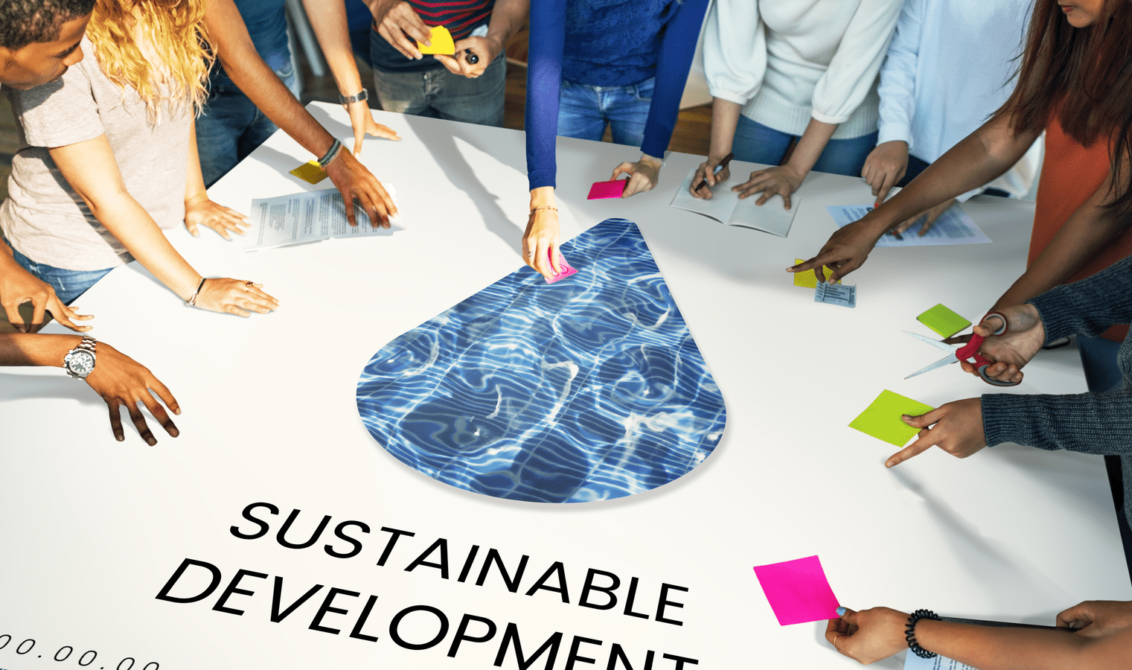
The new IB Environmental Systems and Societies (ESS) Guide represents an important milestone for the subject, with it being offered for the first time at Higher Level. In this article, IB experts Andrew Davis and Garrett Nagle explore this and other changes to the course.
1. ESS at both SL and HL
Both SL and HL students gain an understanding of the complexities of environmental issues, solutions, and management during the ESS course. Common features of the course at both SL and HL include:
- a concept-based syllabus that promotes holistic thinking about strategies to address environmental issues (discussed below)
- a foundation topic (Topic 1) that introduces and explores the key concepts
- a common internal assessment (IA)
- the collaborative sciences project, where students work with other students across all the IB Sciences to explore a real-world problem.
The SL course provides a fundamental understanding of ESS and experience of the associated skills. The HL course includes HL-only understandings, underpinned by an exploration of ethical, legal and economic issues relating to the environment (the ‘HL lenses’). The additional content within topics 2-8, along with the HL lenses, allow HL students to analyse problems at greater breadth and depth, with additional potential for higher-level evaluation. For HL students, the HL extension lenses apply across both SL and HL content. Suggested connections of the HL lenses to topics 1 to 8 are made throughout the course.
2. Promoting networked learning
ESS has always been a concept-based curriculum, but in the new Guide this has been streamlined to three essential key concepts: perspectives, systems and sustainability. The first topic, Foundation, explores these three concepts so that students can apply them throughout the course. There is a clear intention in the 2024 Guide for these foundation topics to be taught first. The holistic understanding required by the course is supported in the new syllabus by the interplay between the ESS concepts, skills and content. These three components act like threads, weaving throughout the course and providing a clear framework for students. This networked learning enables students to connect ideas and develop a deep-seated understanding of the issues covered by the course. ‘Big questions’, which helped students make connections between different parts of the course in its previous iteration, are no-longer used in the 2024 Guide, but strong links between all aspects of the course are evident throughout.
3. Format of the new Guide
A new innovation in the new Guide is the ‘guiding questions’, which are shown at the beginning of each subtopic. The guiding questions frame and direct inquiry for the learning within the subtopic. To help students and teachers navigate the course, each subtopic is now divided into numbered understandings, which are, in turn, divided into a content statement and notes. This allows connections to be easily made between different parts of the course. Some understandings also include reference to the application of skills, discussed below. Most subtopics also have additional content which is for HL students only (Topics 2-8). The content statement indicates the content to be taught, and the notes provides guidance on the scope and requirements of the content statement, e.g., the level of detail needed. Each understanding has numbered links to other sections of the Guide, to allow students to make connections between all parts of the course.
4. The application of skills
There are many skills needed to study the ESS course successfully. These skills include experimental techniques, technology, mathematical and inquiry skills, and the constructing and interpretation of systems diagrams. Skills are at the heart of the ESS syllabus and emphasise the practical nature of the subject. By actively applying these skills in context, students are more likely to develop and retain an understanding of how these skills can be realised. In previous iterations of the ESS course, these skills were implicit, and it was left to teachers when and how to deliver them. In the new Guide, ‘application of skills’ are listed in many understandings, providing both students and teachers with a clear context in which to explore and develop these key skills. Skills are therefore made explicit.
There is a new section in the Guide, ‘Skills in the study of environmental systems and societies’, where skills are categorized as ‘tools’ (including experimental techniques, technology, mathematical skills, and systems and models) and ‘inquiry’, which lay out investigative skills that can be applied in the Internal Assessment.
5. Engagement
The ESS course is not just an opportunity to study an innovative and demanding subject, but one which also asks students to engage and act on the issues they are studying. A new initiative in the 2024 Guide are engagement activities, with potential engagement opportunities provided at the end of each subtopic. Although these are not examined, some of these may be a foundation for CAS activities within DP, whereas others may be a starting point for individual or whole-school action. These engagement opportunities could also be labelled as chances to ‘take action’, which helps them to develop a sense of agency about the environmental issues they study. Rather than simply becoming frustrated by environmental issues, students have the opportunity to do something about them.
Final thoughts
Publication of the 2024 Guide opens an exciting new era for ESS. The new ESS syllabus is ground-breaking and takes the subject into new territory. It is the first interdisciplinary IB DP subject offered at HL. The integration of concepts, skills and content, using authentic real-world experiences of students to foster a deep-seated understanding and appreciation of environmental and societal issues, provides a rich platform for both students and teachers to explore this important subject.
About the authors
Andrew Davis is an IB examiner and workshop leader for Environmental Systems and Societies, has taught the subject for 15 years and was a curriculum developer for the new 2024 syllabus. Andrew also worked in South East Asia for 10 years as part of the Royal Society’s Rainforest Research Programme, examining the effects of rainforest disturbance on insect communities.
Garrett Nagle has been an IB Examiner since 2004 and has been involved in over 50 textbooks and numerous articles. He has also been an IB Workshop Leader. He is Chairman of the Oxford Geographical Association.
Discover our brand-new IB ESS student book
Written and reviewed by experienced IB teachers for the 2024 Subject Guide for first assessments in 2026 – coming in print and digital format in early 2024. Download a free sample chapter now.
Subscribe to our blog
If you’d like to stay up to date with our latest articles, why not subscribe to our blog? You’ll get a fortnightly roundup of the articles you’ve missed straight to your inbox, plus links to free teaching resources.

